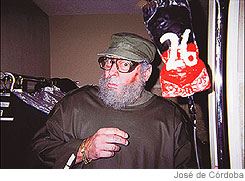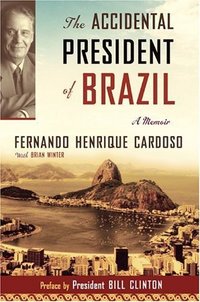Like thousands of other Cubans, I was arrested in the middle of the night. Fidel Castro’s police raided my parents’ home, stuck a machine gun in my face and took me away. It was 1960 and I was 22 years old.
The news that the Cuban dictator is gravely ill floods my mind with memories of my years spent in captivity. I believe that those of us who were political prisoners know his legacy better than anyone. For 22 years, I was an inmate in his vast prison system, mostly confined to an island gulag, for crimes I did not commit.
. . .
The legacy of Castro for Cuba will be much like that of Stalin in Russia, Pol Pot and Ieng Sari in Cambodia and Hitler in Germany. It will be the memories of the unknown numbers of victims, of concentration camps, torture, murder, exile, families torn apart, death, tears and blood. Castro will go down in history as one of the cruelest of all dictators — a man who tormented his own people.
But his poisonous legacy will also include the double standard by foreign governments, intellectuals and journalists who fought ferociously against the unspeakable violations of human rights by right-wing dictatorships, yet applauded Castro. To this day many of these intellectuals serve as apologists and accomplices in the subjugation of the Cuban people. Rafael Correa, the recently inaugurated president of Ecuador, has declared that in Cuba there is no dictatorship. Evo Morales, president of Bolivia, considers Castro his mentor and has already shown that he is willing to silence his own critics at the point of a gun. Venezuela, once a democracy, is the new Cuba, replete with a growing population of political prisoners.
For the full commentary, see:
ARMANDO VALLADARES. "Castro’s Gulag." The Wall Street Journal (Mon., March 5, 2007): A16.

 Castro impersonator Eddy Calderón. Source of photo: online version of WSJ article cited below.
Castro impersonator Eddy Calderón. Source of photo: online version of WSJ article cited below. 